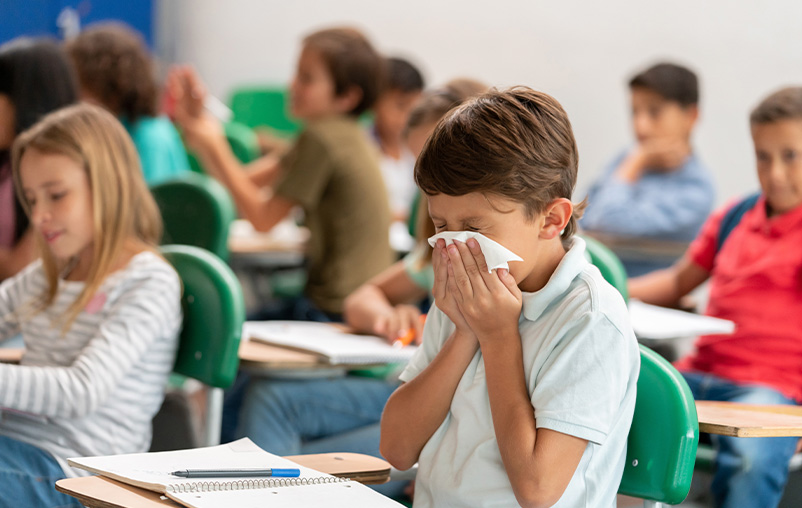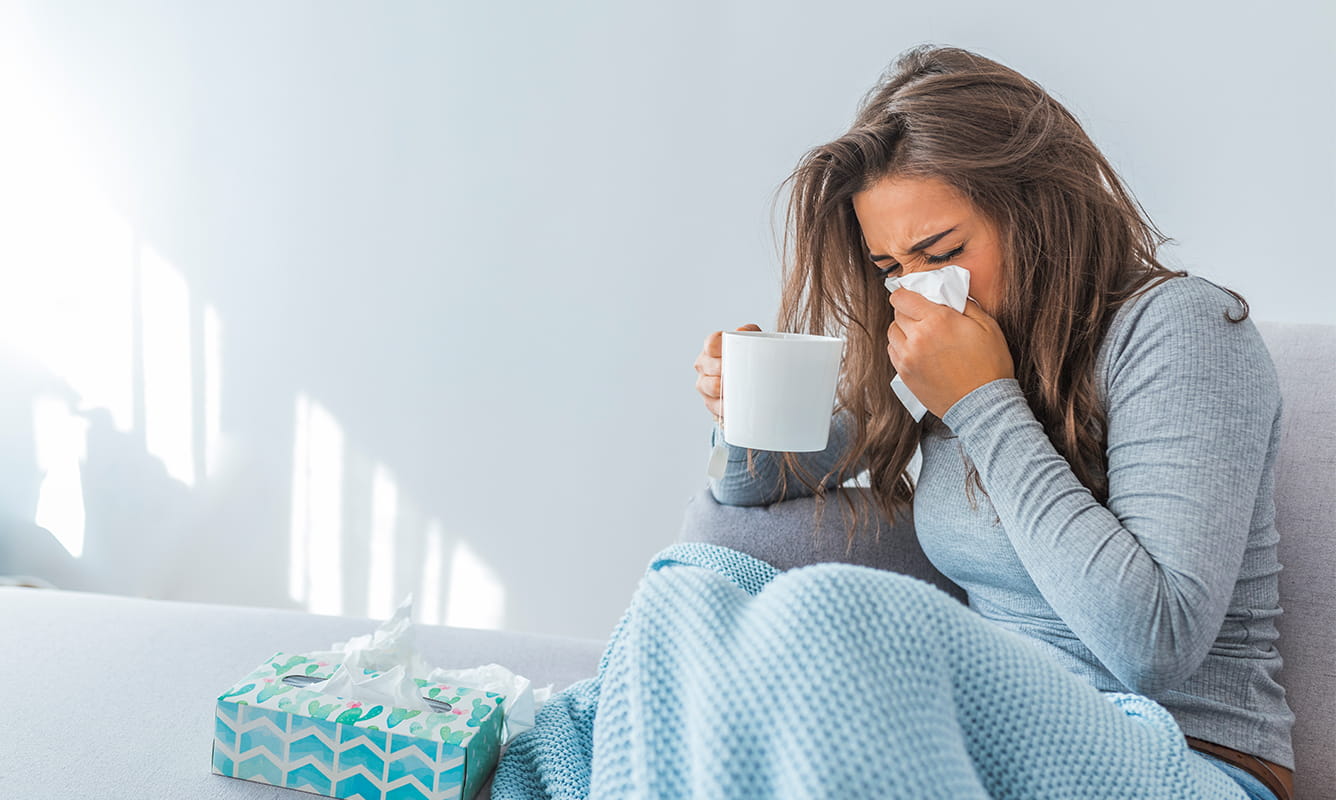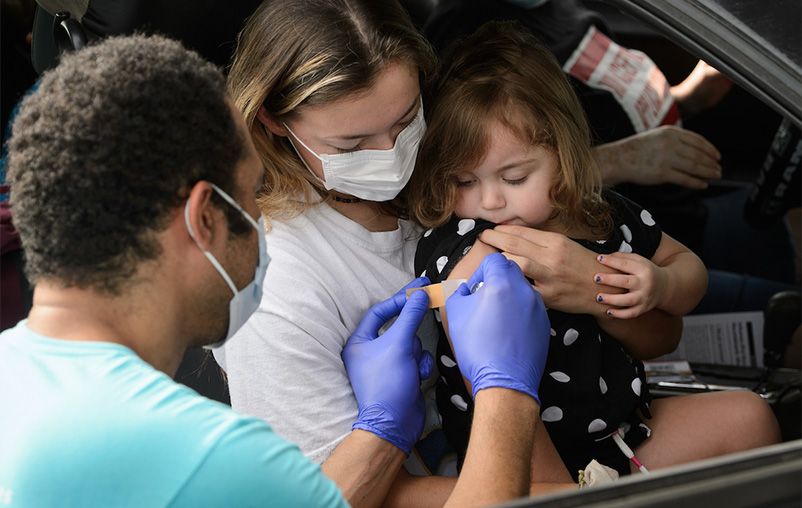You rolled up your sleeve for the COVID-19 vaccine. You were hit with a wave of joy and relief knowing that the end of the pandemic is in sight. But as you walk away with a bandaged arm into a world that doesn’t look any different, you might be wondering—now what?
Distribution of the COVID-19 vaccine raises a lot of questions about when life can return to “normal.” When will we be able to remove our masks? How long does it take for the vaccine to be effective? Will we need a booster shot every year?
We answered these questions and more below.
How many doses of the COVID-19 vaccine are required for efficiency?
For the vaccines that are currently authorized, you must get two doses for the vaccine to be effective. For the Pfizer vaccine, the doses will be spaced 21 days apart. For the Moderna vaccine, the doses will be spaced 28 days apart. Is it important to note that without BOTH doses, you are not protected from contracting COVID-19.
What if I experience side effects?
There are reports of the vaccines causing side effects such as arm soreness at the injection site, mild fever and muscle aches. The vaccines do not contain any live or inactive virus, so it is impossible to catch COVID-19 from the vaccine. However, it is possible to become infected with COVID-19 just before or after vaccination, before the vaccine has had time to become effective.
If you experience any severe side effects speak with your healthcare provider immediately.
Is it possible to get COVID-19 from the vaccine?
No. The Pfizer and Moderna vaccines use a snippet of genetic code that mimics the COVID-19 protein spike. There is no virus – live or dead – in either vaccine. You cannot get COVID-19 from the vaccine. However, the incubation period for COVID-19 is longer than a typical virus therefore you could have been infected prior to receiving your vaccine. If you develop any COVID-19 symptoms, please reach out to your doctor for information on how to get tested and what to do next.
Will I still need to wear a mask even after I receive both doses of the vaccine?
The short answer is yes. According to the CDC, experts are still learning more about the protection that COVID-19 vaccines provide under real-life conditions. During this time it will be important for everyone to continue using all the tools available to us to help stop this pandemic, like covering your mouth and nose with a mask, washing hands often, staying home whenever possible and staying at least 6 feet away from others.
But if you are fully vaccinated (meaning you got both doses of a two-dose vaccine, or one dose of a one-dose vaccine), there are certain situations where you do not have to wear a mask around others.
On March 8, 2021, the CDC said fully vaccinated people can:
- Visit with other fully vaccinated people indoors without masks or physical distancing
- Visit with unvaccinated people from a single household who are at low risk for severe COVID-19 disease indoors without wearing masks or physical distancing
- Refrain from quarantine and testing following a known exposure if asymptomatic
However, the CDC continues to recommend that fully vaccinated people still wear masks in public, maintain physical distance in crowds, and avoid gatherings when possible.
Are there other vaccines that will help prevent COVID-19 such as the flu shot?
No. A flu vaccine will not protect you from getting COVID-19, but it can prevent you from getting influenza (flu) at the same time as COVID-19. This can keep you from having a more severe illness. Read this blog to learn why it is more important than ever to get your flu shot.
What is herd immunity and when will it be achieved with the COVID-19 vaccine?
Herd immunity is a term used to describe when enough people have protection—either from previous infection or vaccination—that it is unlikely a virus or bacteria can spread and cause disease. As a result, everyone within the community is protected even if some people don’t have any protection themselves. The percentage of people who need to have protection in order to achieve herd immunity varies by disease. Experts do not currently know what percentage of people would need to get vaccinated to achieve herd immunity to COVID-19.
Will the COVID-19 vaccine become a yearly vaccine like the flu shot?
We won’t know how long immunity lasts until we have more data on how well the vaccine works. Current evidence suggests that reinfection with the virus that causes COVID-19 is uncommon in the 90 days after initial infection. Both natural immunity and vaccine-induced immunity are important aspects of stopping COVID-19 that experts are trying to learn more about.
How long after the second dose of the COVID-19 vaccine will I be protected from the COVID-19 virus?
Experts are saying you will get maximum protection from the vaccine a few weeks after getting your second dose. It is important you still wear a mask, social distance, and wash your hands often. All these efforts combined will offer the best protection from COVID‑19 and help us get “back to normal” sooner.
If I have already had COVID-19 do I still need the vaccine?
You are eligible for the COVID-19 vaccine regardless of if you have already had COVID-19. Anyone currently infected with COVID-19 should wait to get vaccinated until after their illness has resolved and after they have met the criteria to discontinue isolation. Current evidence suggests that reinfection with the virus that causes COVID-19 is uncommon in the 90 days after initial infection. Therefore, people with a recent infection may delay vaccination until the end of that 90-day period if desired.
Can I help researchers learn more about how the vaccine works?
Yes! The CDC is using a system called V-Safe After Vaccination Health Checker to monitor instances of side effects and illness in people who have been vaccinated against COVID-19. The process is private and secure. The CDC will periodically remind you to check in on how you’re feeling using your smartphone or the V-Safe website.
The more information researchers collect, the more we will know about this vaccine and its effectiveness. Ask your healthcare provider about using the V-Safe system to report to the CDC.




